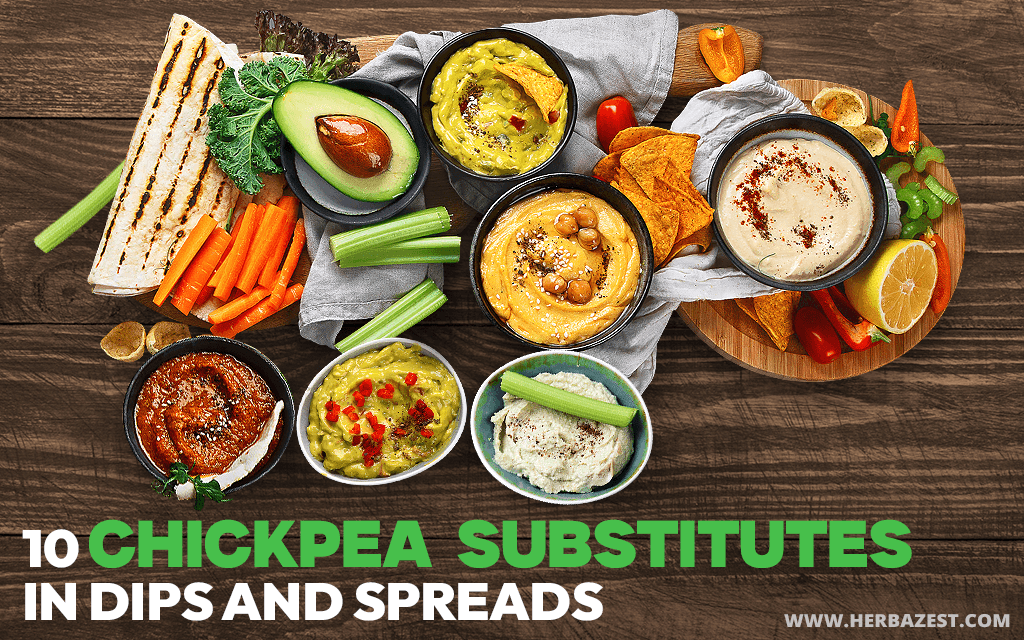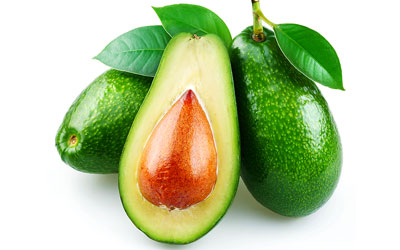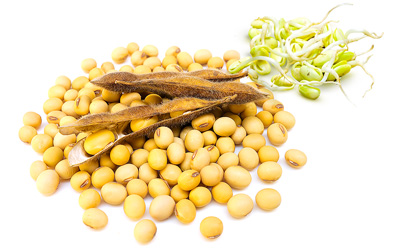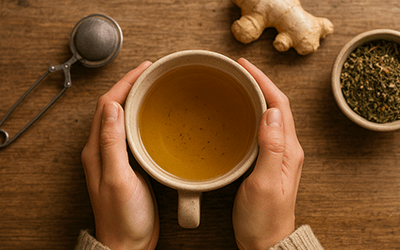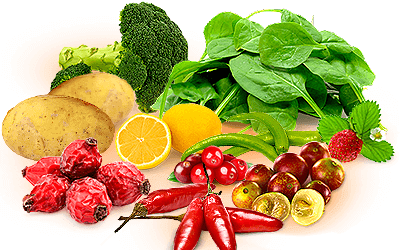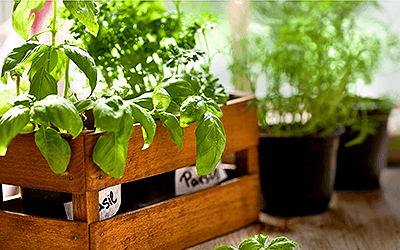Dips and spreads are a great way to add flavor and nutrients to everyday meals. They're not only enjoyed with veggie sticks or crackers, but can also be spread on bread and added to salads. Of all the different dips derived from various culinary cultures, the Middle Eastern hummus is one that earned worldwide fame.
The classic hummus recipe is made with chickpeas, tahini, lemon juice, garlic, olive oil, and spices, but its flavor can also be enhanced with other veggies, like spinach, roasted beets, and caramelized onions. What many people may not know is that chickpeas can also be made into a sweet chocolate hummus.
But chickpeas aren't the only option for a nutritious base in flavorful dips. Here are 10 versatile and wholesome chickpea replacements for you to enjoy!
1. Avocado
Buttery, creamy, and mildly flavored avocados are a wonderful ingredient in healthy dips. Guacamole is by far the most well-known avocado-based dip, which combines mashed avocado, lime juice, and other ingredients depending on regional preferences. But avocados can also be mixed with powdered cacao and your go-to sweetener to create a yummy, antioxidant-rich chocolate avocado dip that's perfect with fruits and crackers.
2. Beans
Beans are another ideal base for flavorful dips. They're creamy, rich in nutrients, and easily take on the flavor of accompanying ingredients. With a few hundred types of beans around the world, there are plenty of pairings from which to choose. Most beans have a mildly nutty, buttery, and earthy flavor that makes them perfect for creamy dips, including this roasted garlic cannellini bean dip.
3. Peas
If you're looking for a simple chickpea substitute in dips, consider vitamin-, fiber-, and protein-packed peas. They have a slightly sweet flavor. They're naturally creamy, and you likely have a bag of frozen peas on hand. Of all the possible flavor combinations, this green pea and mint dip seems to be winning over everyone's taste buds. It's quick and simple to make, and it offers a surprisingly refreshing flavor and creamy texture.
4. Eggplant
Eggplant may not be your first choice when searching for an alternative to chickpeas. In fact, many people dislike this vegetable simply because they don't know how to prepare it. Having a naturally mild flavor allows the eggplant to take on bolder flavors from other ingredients. A great example is the delicious Middle Eastern classic, baba ganoush, that features roasted eggplant blended with garlic, tahini, lemon juice, and ground cumin.
5. Lentils
Lentils are an excellent source of plant-based protein, fiber, vitamins, and minerals. Unlike other pulses, they don't need to be presoaked and become tender in less than half an hour. Their mild, slightly sweet, and earthy flavors pair well with tomatoes and root vegetables, like carrots and parsnip. If you need a good substitute for chickpeas in dips like this sun-dried tomato lentil dip, you can't go wrong with lentils.
6. Soybeans
Soybeans - including edamame - are an easy swap for chickpeas. Having a neutral flavor of their own, they will readily absorb the flavors of the ingredients they're paired with. They can be used in place of chickpeas to make hummus. Or they can be mixed with Greek yogurt and cream cheese along with other vegetables (such as spinach) or condiments, like chili paste.
7. Red Bell Peppers
For many people, red bell peppers might be another surprising chickpea alternative. When roasted, their flavor becomes sweeter, with a smoky depth. Their texture gets soft and tender, perfect for blending. Just like in this roasted red pepper feta dip, they are often mixed with salty cheeses to counteract their sweetness. They can also be blended with walnuts and pomegranate molasses into a sweet and slightly spicy muhammara dip.
8. Cashews
In the last few years, cashews have revolutionized the culinary world, especially vegan cuisine. When soaked, these nutritious nuts expand, become creamy, and can be made into both savory and sweet dips. Blend them with garlic, lemon juice, olive oil, and a dash of honey, and spread it on crackers and veggie slices. You can also spread this cinnamon vanilla cashew cream on banana slices, or stuff it into Medjool dates.
9. Olives
Olives make for a flavorful dip base that can bring variety into your kitchen. Even just on their own, they are a great snack or appetizer that's incredibly rich in monosaturated fats, which are linked to health benefits.1 Their meaty texture and saltiness are wonderful in this French-inspired, vegan olive tapenade. Olives can also be blended with cream cheese to create a smooth, mild-tasting but equally delicious dip.
10. Butternut Squash
Butternut squash concludes our list of chickpeas alternatives. Its sweet slightly nutty flavor is often compared to a cross between pumpkin and sweet potatoes. When roasted, it is soft and creamy, which is key for making smooth dips. When it comes to flavor pairings, there are countless options out there. It goes well with spices, like sage, thyme, and smoked paprika; cheeses, like goat, cheddar, or gruyere; and veggies, like roasted red bell peppers.
When made with pure, wholesome ingredients, dips are a smart way to pack more nutrients and variety into your meals. Making them from scratch allows you to control the quality of what goes in and avoid preservatives and other unnecessary additives that are often found in store-bought products.
Sources
- Harvard T.H. Chan - School of Public Health, Avocados | Legumes and Pulses | Winter Squash
- North Dakota State University, All About Beans nutrition, Health Benefits, Preparation and Use in Menus, 2019
- Penn State University, Beans, the Magical Vegetable – and Protein, 2022
- Tufts University, Butternut Squash, n.d
- University of Nebraska, Eggplant
- University of Vermont, Give Peas a Chance, 2022
Footnotes:
- Cleveland Clinic. (2023). 7 Reasons Why Olives Are Healthy for You. Retrieved October 27, 2023, from https://health.clevelandclinic.org/are-olives-good-for-you/

